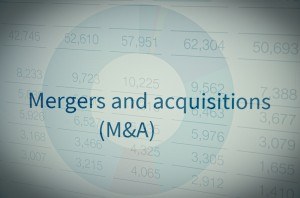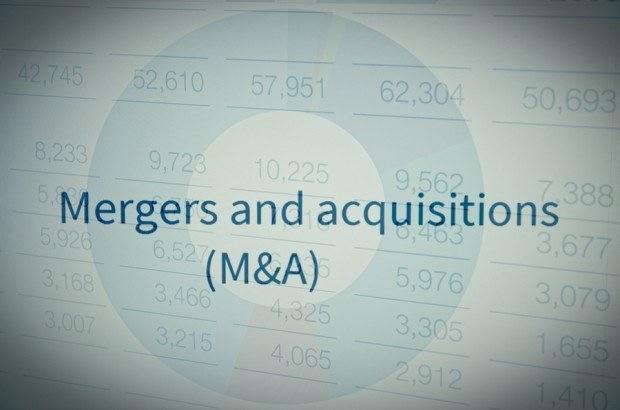S tandard & Poor’s placed France’s AXA on CreditWatch with negative implications over its planned $15.3 billion purchase of XL Group Ltd.
tandard & Poor’s placed France’s AXA on CreditWatch with negative implications over its planned $15.3 billion purchase of XL Group Ltd.
The ratings agency said it is worried about what the mega-deal could do to AXA’s capital reserves. At issue are AXA’s “AA-” long-term issuer credit and insurer financial strength ratings on all of its divisions that S&P decided are core to AXA’s operations. Also placed on CreditWatch with negative implications: S&P’s “A/A-1” long- and short-term issuer credit ratings on the group’s holding company (AXA) and also AXA’s debt.
AXA plans to use the proceeds from the IPO of a 20-35 percent stake of its U.S. life and asset management operations to finance its acquisition, along with cash and debt. S&P said the financing creates plenty of initial risks.
“In the short term, the acquisition will significantly increase goodwill and capital requirements, weakening AXA’s capital adequacy as per our definition,” S&P said. “The extent to which AXA will benefit from the sale of its U.S. life and [asset management] operations in the coming years will depend on the market valuation of those activities and fluctuations in financial markets.”
S&P said it was also concerned that XL’s business lines, particularly its reinsurance arm, could lose revenue if its insurance clients decide to go elsewhere because it becomes “a future subsidiary of a potential competitor like AXA.”
Also, S&P said that AXA wouldn’t necessarily gain by replacing the earnings of its life and asset management operations with the XL purchase.
“Replacing the earnings contribution of the U.S. life and AM operations with those of XL would leave AXA’s overall group earnings generation capacity broadly unchanged, since both units have posted similar net earnings over the past few years,” S&P said. “Replacing U.S. life and AM with XL would also downsize AXA’s total balance sheet by over [$124 billion], which could result in lower capital requirements.”
Will XL Group Become Strategically Important to AXA?
S&P said it wants to consider XL as being strategically important to AXA once the acquisition closes and sees this as a long-term positive, but such an assessment can only happen under certain circumstances.
“This would depend on XL’s smooth integration into the [AXA] group, XL’s contribution to group profits, a market positive shift in AXA’s commercial P/C business performance thanks to XL’s integration and the consolidated group’s financial risks exposure being effectively lower thanks to the acquisition,” S&P said.
S&P added that its ratings on AXA Equitable Group are unchanged by the overall action. Also, in a separate note, S&P affirmed its ratings and issued a stable outlook for XL and its operating subsidiaries.
“The stable outlook reflects our view that XL’s standalone characteristics will likely remain the same post acquisition, anchored by the company’s very strong competitive position and very strong capitalization,” S&P said. “We will continue to monitor the developments related to this transaction and might take ratings actions if there are material changes to XL’s credit fundamentals after the transaction is completed.”
XL Group lists its S&P financial strength rating as “A+,” according to the company’s website.
A.M. Best, on the other hand, placed under review with developing implications XL Group’s financial strength rating of “A” (Excellent), and its long-term issuer credit ratings of “a+.”
“If the transaction is unsuccessful, there could be negative rating pressure on XL if operational issues emerge,” A.M. Best said.
Source: Standard & Poor’s





















 The Future of HR Is AI
The Future of HR Is AI  Beyond Automation: The Emerging Role for Contextual AI in Insurance
Beyond Automation: The Emerging Role for Contextual AI in Insurance  Why Claims AI Build vs. Buy Decisions So Often Miss the Mark
Why Claims AI Build vs. Buy Decisions So Often Miss the Mark  State Farm Mutual to Pay $5B Dividend to Auto Insurance Customers
State Farm Mutual to Pay $5B Dividend to Auto Insurance Customers 









